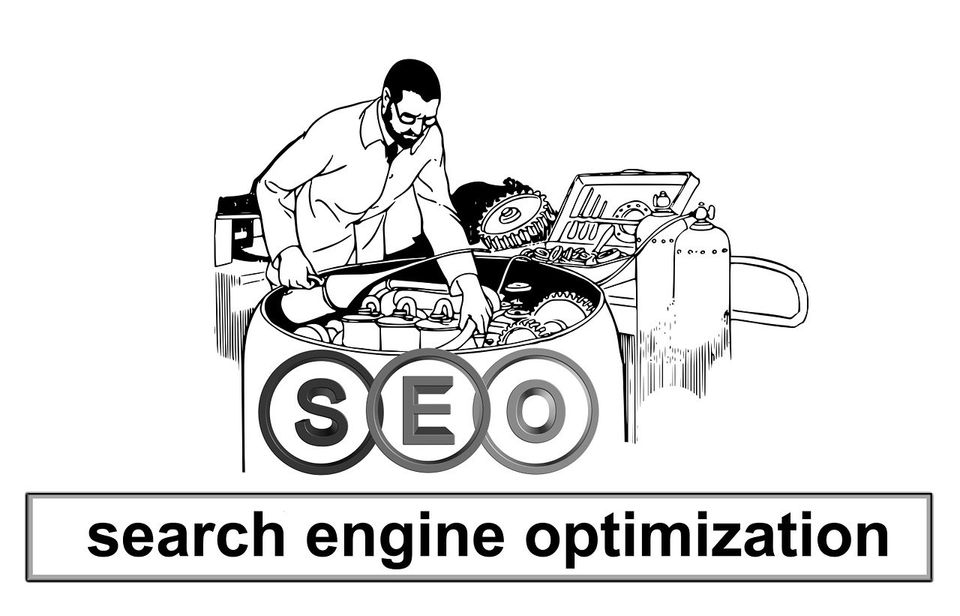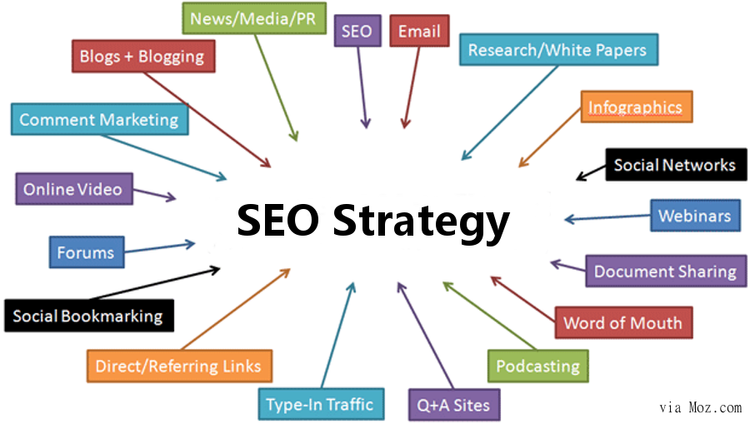SEO Strategy for Frontline Hazardous Waste Workers Website

Introduction
The "tip of the spear" that determines whether an organization is handling hazardous waste in accordance with federal and states laws and regulations is the manual laborer who drains the oil, cleans with solvents, and maintains fluorescent light fixtures. It's not the environmental scientist at the corporate office. That person puts procedures in place, conducts training and inspections, but will very rarely ever be onsite when a regulator conducts an unannounced inspection (as most inspections are) of the work areas. It's those frontline workers who need to be able to maintain compliance and know how to answer questions.
Project Goals
My project’s goal is to create an informational website accessible to the broad audience of frontline handlers of hazardous wastes with easy-to-understand instructions that minimize the use of overly technical and regulatory language.
Target Audience
The target audience includes mechanics, maintenance technicians, facility managers, waste managers, and anyone whose responsibilities include adding waste to a container, storing a container, and disposing of a container.
Type of Content
The type of content to be included will be simple, practical instructions to follow for any process-created wastes in a manner that helps the frontline worker without the need for chapter-and-verse regulatory knowledge. There will be illustrative photographs, video instruction, and quizzes throughout the website for self-evaluation of knowledge gained through the process. The sections of the Using SEO checklist that I believe are the most important for my focus and audience are keyword research and selection, content creation, and SEO linking.
Keyword Research and Selection
To begin my keyword research, I signed up for a free trial of SEMrush. Using it and guidance from The Yahoo Style Guide, Chris Barr, Chapter 17 – Optimize Your Site for Search Engines, 2010, I created the spreadsheet Barr recommends to evaluate the volume and difficulty of 16 keywords. The search volume is “a representative sample of the number of times a keyword was searched on in search engines.” A keyword with high volume is the goal as it means a lot of people use that keyword in searches. The keyword difficulty refers to the competitiveness of a term, or as Barr defines it, “how hard it would be for your site to rank high in results for that keyword.” A high difficulty score is not the desired result because it shows that the keyword is so common that the competition for it is high.
Therefore, in the table below (Figure 1) giving the results of my SEMrush search, I would initially choose “hazardous waste disposal” as one of my keywords. Given the results in the table below, I would then conduct another search for other keywords with high volume and low difficulty ratings, while discarding those with “0” for each, and continue doing so until I had a good set of keywords for the best chances of being ranked high by a search engine.

Content Creation
As emphasized by Dr. Lucas and Barr, keyword placement must be strategically planned to be incorporated into the content, title, and headings without sounding repetitive. The guide is to include two to four repetitions for every 200 words and even more often for keywords with a high difficulty score. Keywords should be included in the beginning, middle, and end of the body copy, as well as HTML tags for the headline, subheadings, and bulleted and numbered lists. Barr’s recommendation for word counts per page is at least 250-300 words per page, excluding header and footer text, because search engines avoid sparsely worded pages. One must also remember that text saved as an image is seen by a search engine as blank space.
SEO Through Links
Search engines check to see if links in your project point to relevant and credible sources, as well as checking to see how many internal links exist within your project from one page to another (On-Page SEO). They also check for backlinks (Off-Page SEO) from other credible sites, so networking within the audience community aids in SEO positive results. One item of note: Wikipedia’s page for External Links points out that search engines ignore links from Wikipedia articles, so adding a link to your site in a Wikipedia article does not count as a “vote”.
Even though SEO is critical to a project’s visibility and outreach, Barr points out that we should always remember: “Write for people first – and search engines second.”




Comments ()